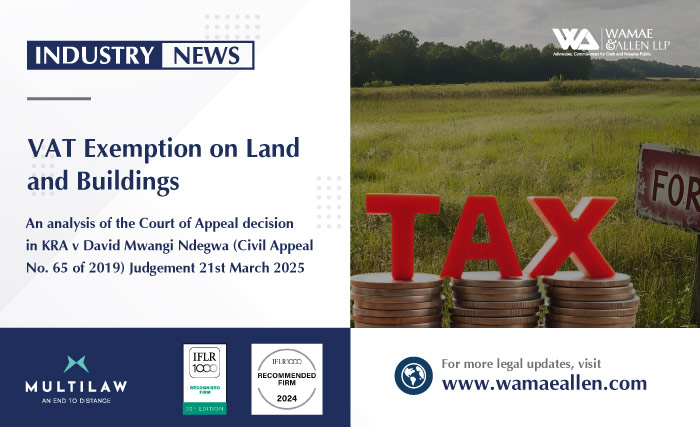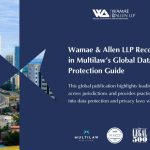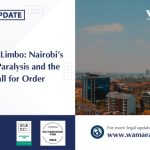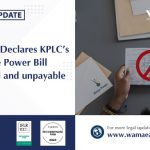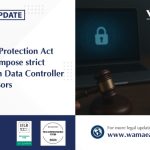Facts
The respondent purchased land from Standard Chartered Bank Kenya Ltd, including all buildings erected on the land. The appellant, Kenya Revenue Authority, demanded VAT of Kshs. 11,200,080 (16% of the purchase price), which the respondent paid under protest. The respondent filed a suit at the High Court and sought a declaration that no VAT was payable on the sale or purchase of land, regardless of whether the buildings were residential or commercial, and requested a refund of the VAT.
The High Court ruled in his favour. KRA appealed.
At the Court of Appeal
The main issues the court considered were whether the term “land” in the VAT Act includes buildings, and if so, whether VAT should be charged on the sale of land with buildings (residential or commercial), the implications of the specific mention of “residential premises” in the VAT Act and the exclusion of “commercial premises’’.
Holding
The Court of Appeal began by defining land within the context of the VAT Act, 2013 and disagreed with the High Court’s interpretation. The High Court had held that the term “land” included buildings, both residential and commercial, and thus exempted them from VAT. However, the Court of Appeal clarified that the VAT Act’s definition of land must be applied within the context of the Act itself, not the broader definition provided in Article 260 of the Constitution. It rejected the High Court’s interpretation that all buildings on land, whether residential or commercial, are automatically exempt from VAT by virtue of being on land as defined by the Constitution.
The Court of Appeal also examined the VAT exemptions under the VAT Act, emphasizing that the Act is an exemption statute. As such, only supplies explicitly exempted by the Act are free from VAT. The Court reaffirmed that land and residential premises are the only categories that benefit from VAT exemptions under the Act. The exemption does not extend to commercial premises, which are not covered by the exemptions and remain subject to VAT.
In conclusion, the Court of Appeal held that the High Court had erred in its interpretation. It reaffirmed that VAT applies to commercial premises and that the exemptions under the VAT Act are limited to land and residential premises only. The appeal was allowed, and the respondent was not entitled to a VAT refund.
However, the Court did not address the applicability of VAT on mixed-use premises and it was not part of the issues before the court. It left room for future litigation where this specific question could be raised.
Implications
The judgment provides much-needed clarity in Kenya’s tax laws, especially for real estate developers, businesses, and legal practitioners, regarding the VAT treatment of residential versus commercial premises.
Businesses and individuals involved in commercial real estate transactions should now be aware that VAT is chargeable on commercial properties.
This article is provided free of charge for information purposes only; it does not constitute legal advice and should be relied on as such. No responsibility for the accuracy and/or correctness of the information and commentary as set in the article should be held without seeking specific legal advice on the subject matter. If you have any query regarding the same, please do not hesitate to contact Commercial Department at commercial@wamaeallen.com
 Loading...
Loading...
About the author
Charles is an experienced transactional advocate with over 17 years experience in the legal industry. He is the Managing Partner at Wamae and Allen, an Entrepreneur and a proponent of the Adaptability Quotient(AQ) theory.
-
https://wamaeallen.com/author/
-
https://wamaeallen.com/author/
-
https://wamaeallen.com/author/
-
https://wamaeallen.com/author/

